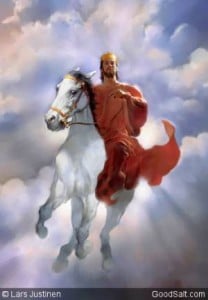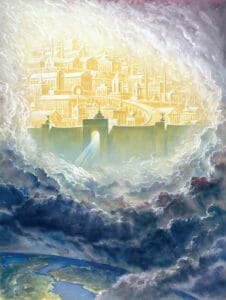Daily Lesson for Friday 18th of April 2025
Further Thought: Read John 2:1-11, Matthew 22:1-14, 2 Corinthians 11:1-5, and Matthew 25:1-13.
Once you realize how much data is available in the rest of the Bible to help you broaden your understanding of prophecy, it can be tempting to over-apply it. Throughout the centuries, some Christians have emphasized the symbolism and imagery found in Bible stories to the point where they virtually begin to treat the historical narrative as a myth. While layers of meaning are to be found just about everywhere in Scripture, we must always remember that God has a way of taking real events that involve real people and using them to teach us things about His future interactions with the church.
The wedding feast in Cana, for example, may offer insights into the metaphor of marriage used by prophecy, but the wedding was a literal event. “The word of Christ supplied ample provision for the feast. So abundant is the provision of His grace to blot out the iniquities of men, and to renew and sustain the soul.”—Ellen G. White, The Desire of Ages, p. 149.
Or as she writes here: “ ‘The Lord God will do nothing, but He revealeth His secret unto His servants the prophets.’ While ‘the secret things belong unto the Lord our God,’ ‘those things which are revealed belong unto us and to our children forever.’ Amos 3:7; Deuteronomy 29:29. God has given these things to us, and His blessing will attend the reverent, prayerful study of the prophetic scriptures.”—The Desire of Ages, p. 234.
Discussion Questions
|
 (1)
(1)Source: https://ssnet.org/blog/25b-03-further-thought-images-from-marriage/




